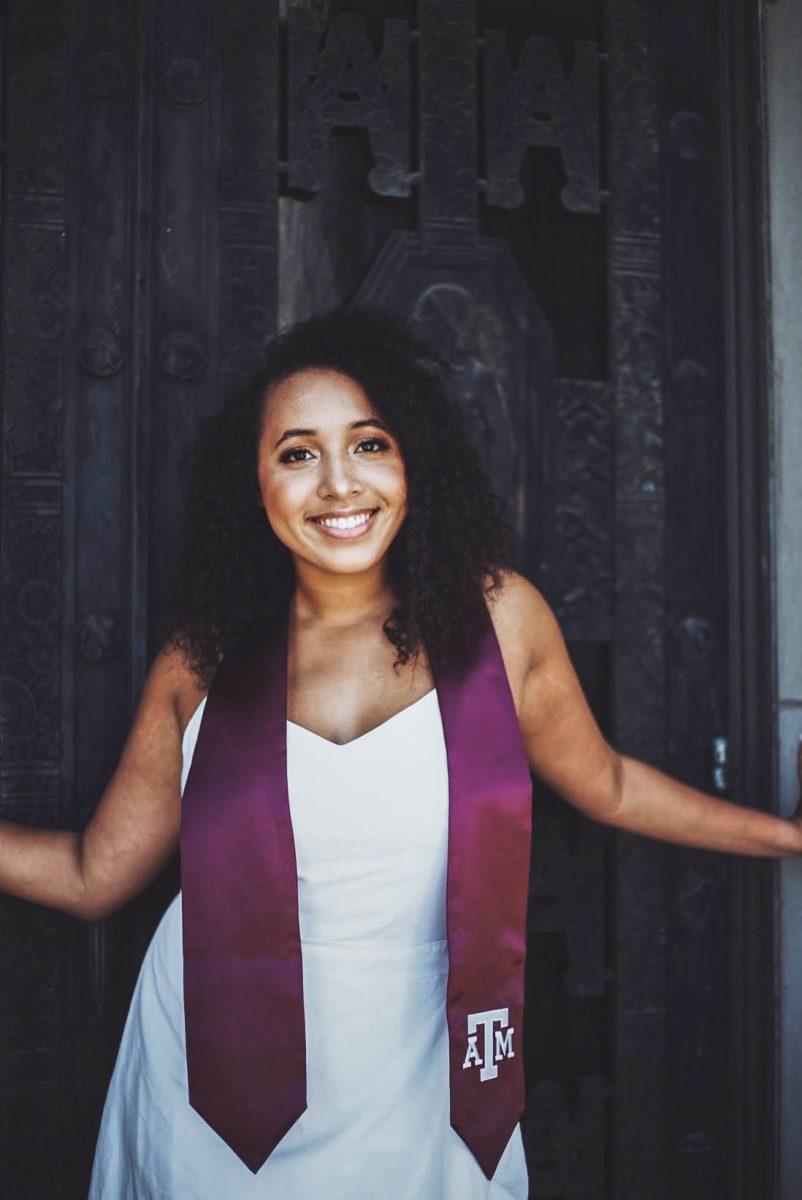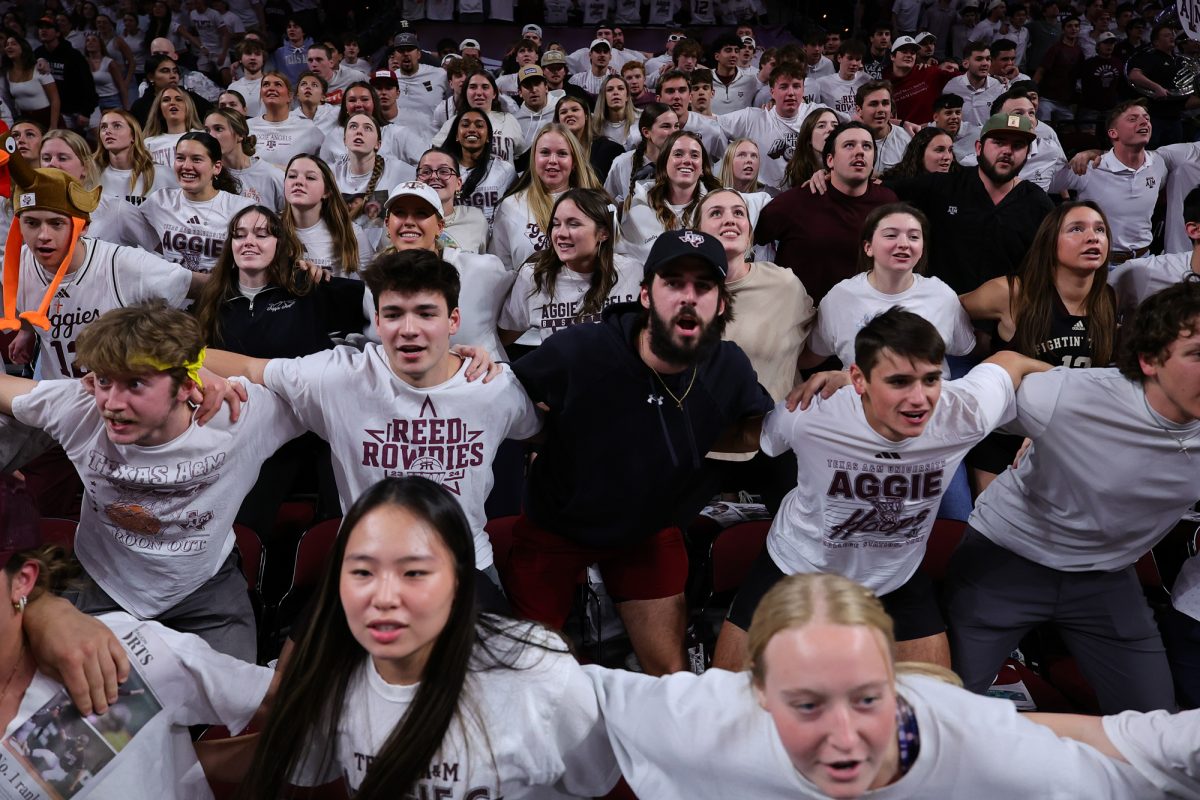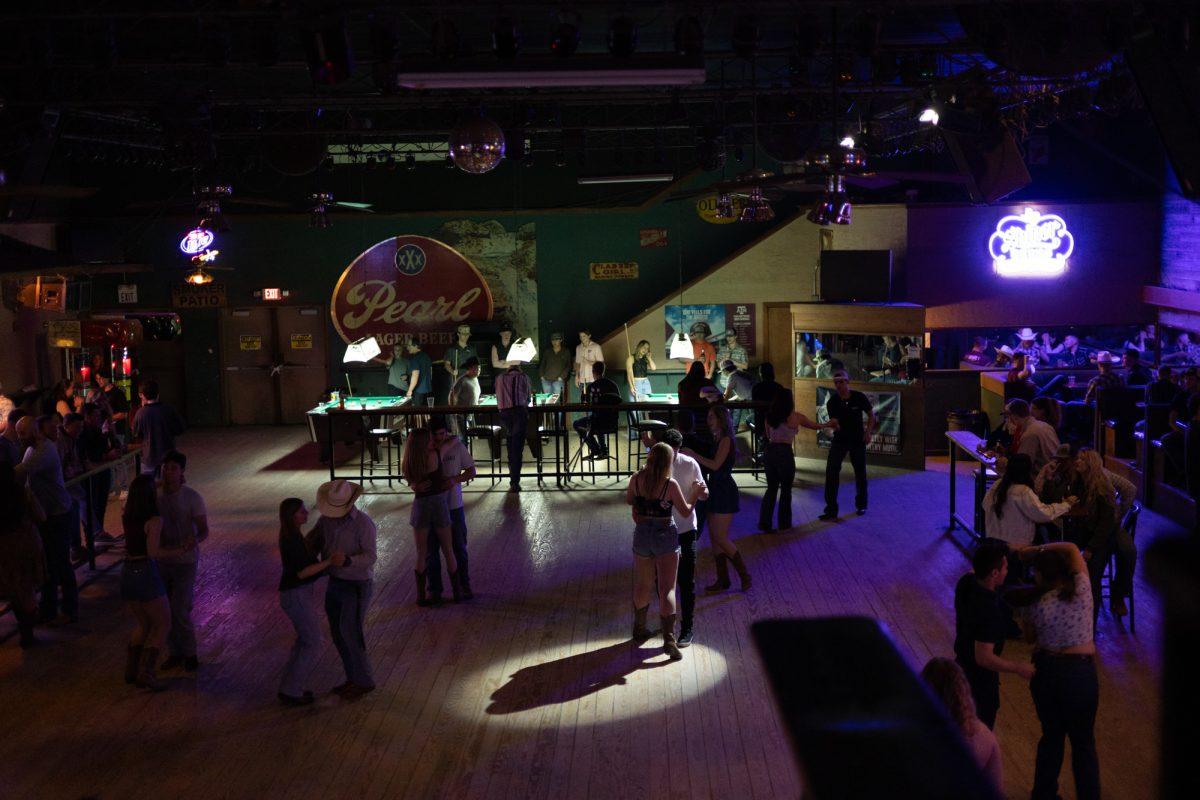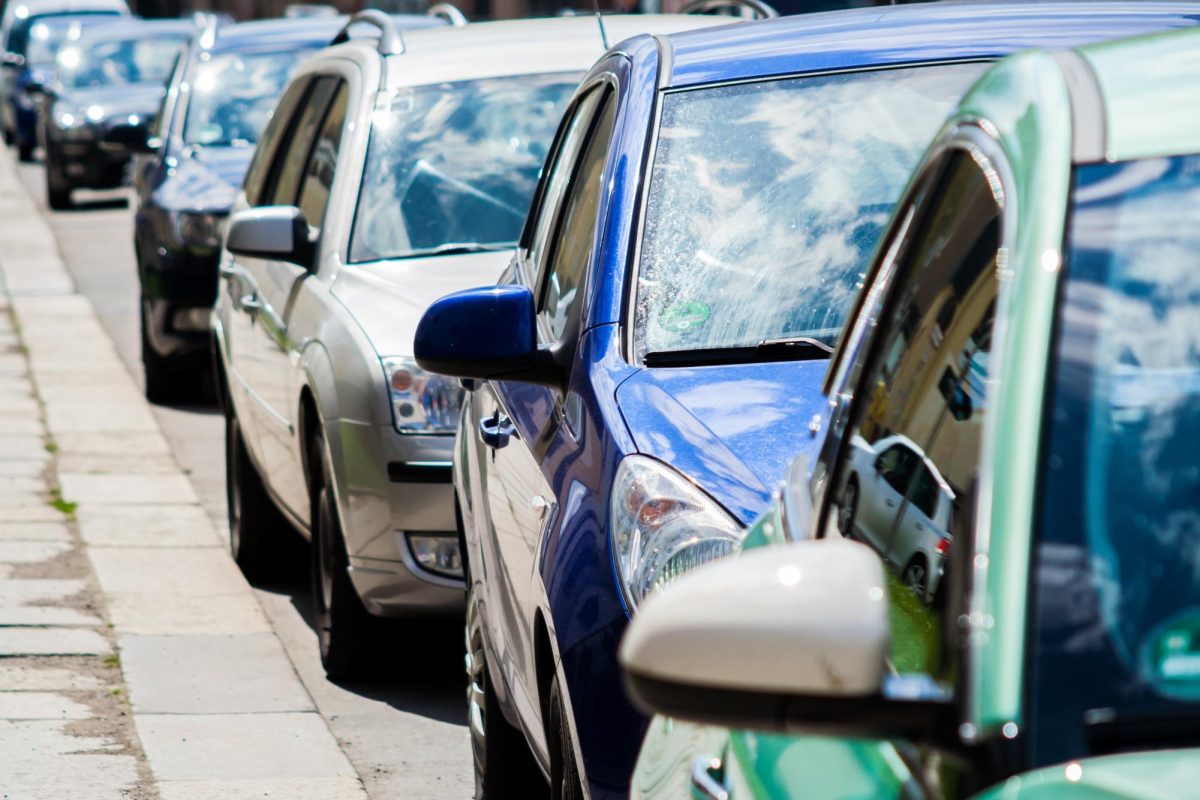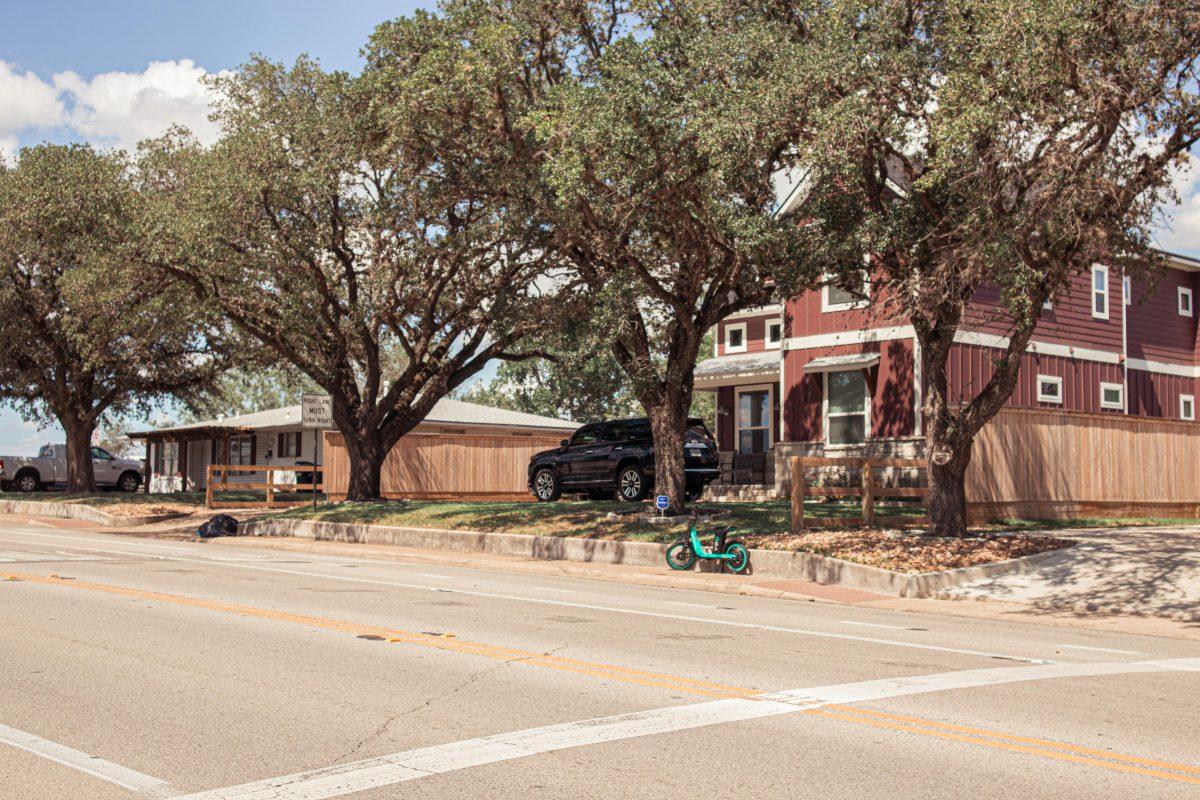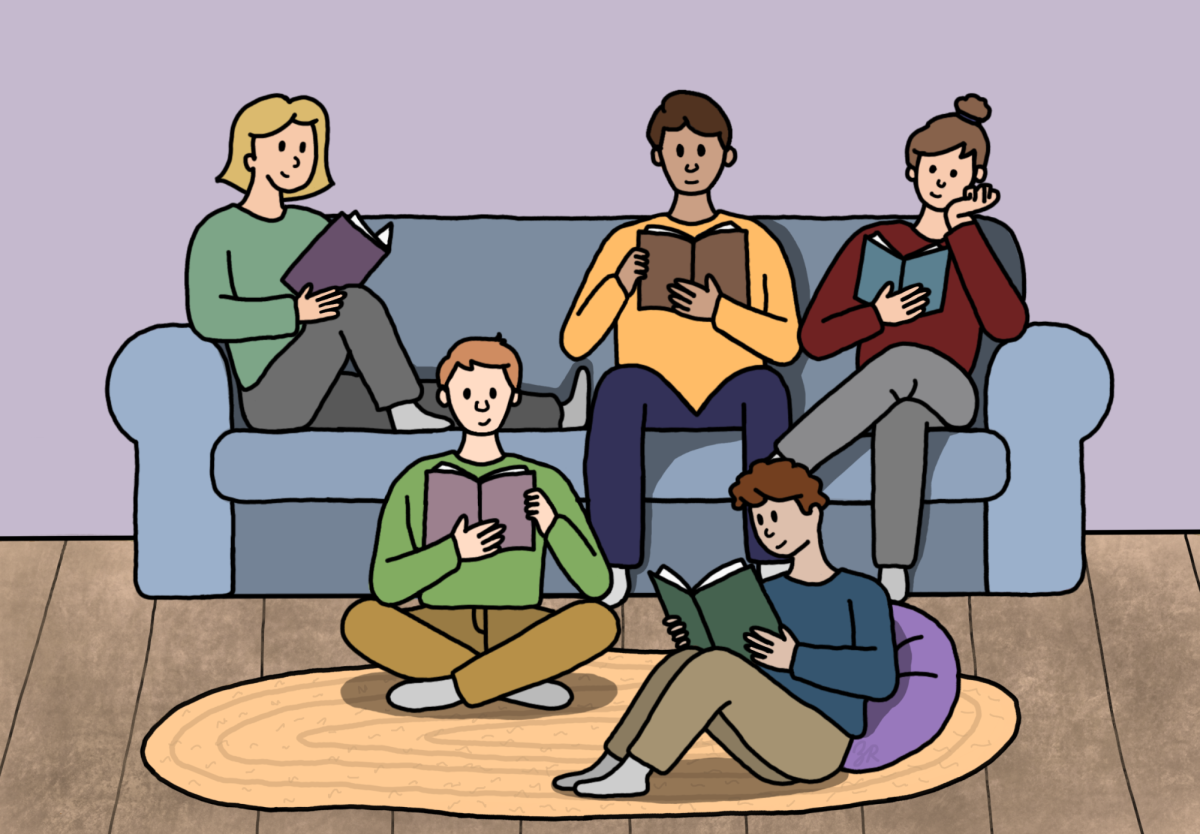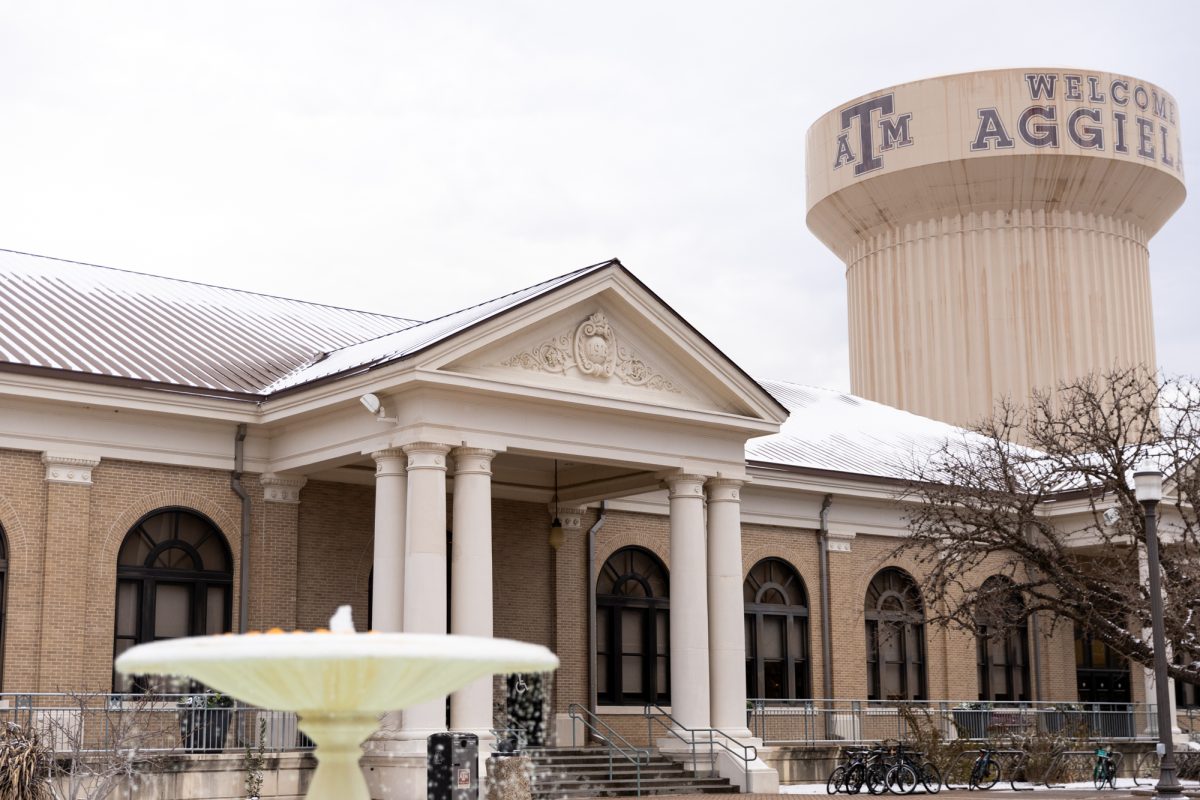Haley Caruthers, Class of 2019, is a civic leadership fellow at MOVE Texas, a grassroots nonprofit nonpartisan organization focused on empowering Texas’ young people.
In 2008, I was sitting in third period anxiously glaring at the clock. The phone rang, and I immediately started packing up my belongings. I knew it was for me. I headed towards the office where my mom was waiting to pick me up. We rushed across town and began waiting in line outside a convention center in downtown Dallas. We jetted across town into downtown Dallas waiting in line outside a convention center. The Black and Brown faces replaced the stark contrast of an hour ago being surrounded by white faces in my middle school classroom. As soon as he walked on stage, everyone stood up and roared. We were all hanging onto his potential at the time, but we were cheering for our first Black president of the United States. I was 12 years old at the time and still knew being a progressive — a Black woman progressive — in the suburbs wasn’t a majority. To see someone with such presence have the same skin color as I helped decolonize the idea of what our democracy could look like.
When I got back to school the next day, I couldn’t help but share my experience from the day before. They met me with an overwhelming amount of pushback. “Why do you care? You can’t vote.” “We have never had a Black president before.” And the most famously heard line to young people like myself, “even if you could vote, your vote will never matter in Texas.” I adopted that mindset. Even though my mom and I sat on the couch that November, watching the first Black man get elected president, I felt that the votes from my home state of Texas were useless.
These echoing phrases are just one of many tools used to suppress our voices, along with voter purging, closing polling locations and discriminatory voter ID laws. While we might know Texas as a one-color state, it is more complicated than that. Texas is also a non-voting state. Texas consistently has the lowest voter turnout rates across the country. But it’s not as simple as saying people don’t vote. There’s been a rapidly changing demographic over the last 10 years in Texas. It is clear that people don’t turn out because these oppressive tools have made us believe our votes don’t matter. These are purposeful and powerful tactics used to exclude marginalized and young voices from the narrative.
Opponents use these tactics to instill hopelessness. They intend these tactics to silence minority voices. Despite these attempts, some people have worked tirelessly to uplift young marginalized voices and fight against voter suppression. MOVE Texas has created collective action by targeting those voices and giving them a platform to feel heard. Building up Texas communities through student-led initiatives on a local level has produced tangible results that we see today.
Texas has added 1.9 million voters since the 2016 election. Since 2018, the MOVE team has registered more than 100,000 Texans to vote. In Travis County, where Austin is located, 97 percent of eligible voters are registered for this election. Texas is breaking records in early voting for the state and across the nation. Since Oct. 24, 7.3 million people, or 42.4 percent of registered voters, have cast their ballots. Just to put things in perspective, in the 2016 presidential election, 59.36 percent of registered voters cast their votes. Texas is leading the country in youth voter turnout and sparking conversations on the national level about Texas being a battleground state. It’s only this way because we made it this way.
In 2008, I sat defeated in my suburban middle school, but just for that day. Anywhere I went, I made them hear my voice, even if that met pushback and negativity. I persisted just as the marginalized voices in Texas never stopped working. Their efforts to me are the light that makes Texas shine big and bright. So, to all those who said our votes and voices didn’t matter, can you hear us now? Can you hear the 1.9 million new registered voters? Can you hear the young voices breaking records? Can you hear the efforts of community lead initiatives working tirelessly against voter suppression? Can you hear the Black and Brown voices? I can. And that little girl from 2012 would hate it if I didn’t stand up with the people working on the ground to scream for change. I vote each year as loud as I possibly can, knowing that someone will hear it. This year Texas will, can you?




